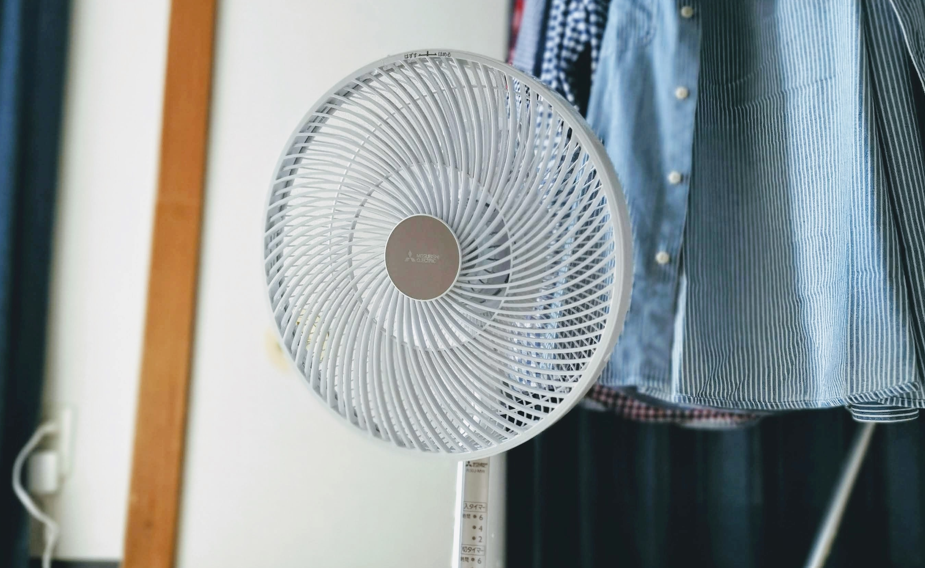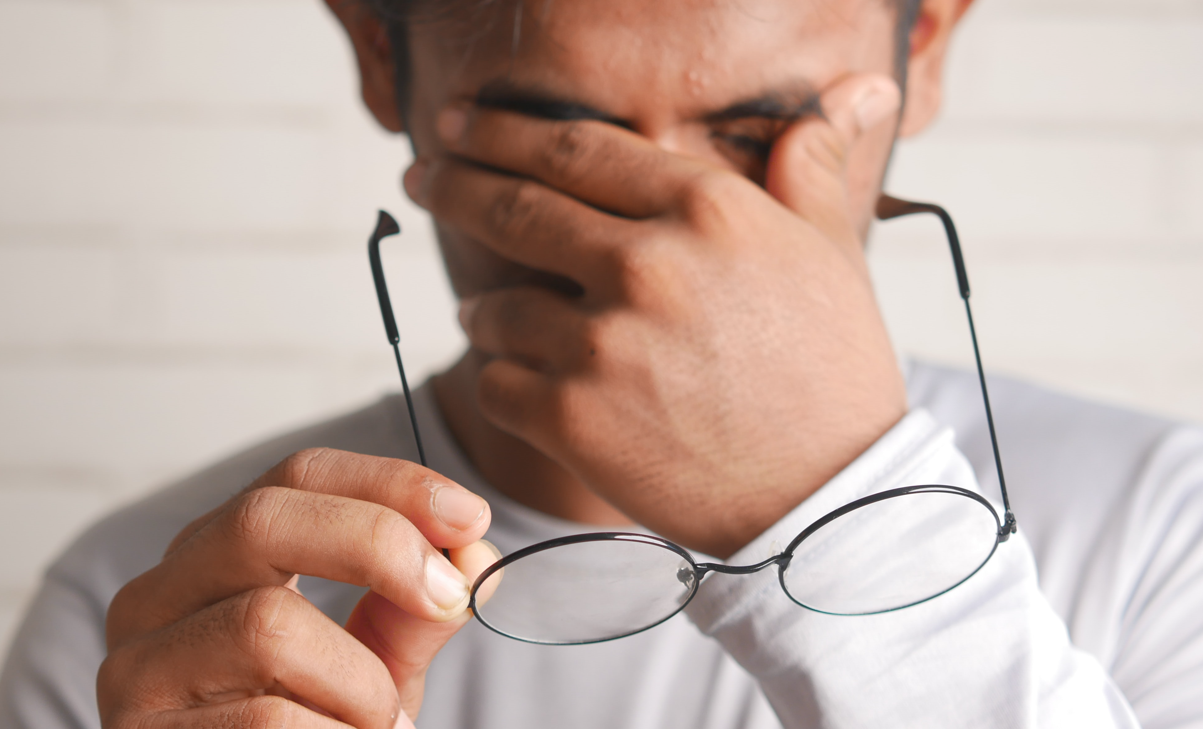I’m 79 and still having hot flashes. I had a total hysterectomy when I was 45 and was put on hormone replacement therapy (HRT). I took the estrogen medication Premarin until about 10 years ago, when I developed an irregular heartbeat and my cardiologist took me off HRT. Since then, I’ve been having hot flashes day and night—often quite severe. I’m taking 30 milligrams of the antidepressant amitriptyline nightly—my doctor thought it might help, but it hasn’t. Will the hot flashes ever stop or will this continue for the rest of my life?
By Wendy Haaf
Estrogen acts on certain cells in the brain that help keep body temperature within a very narrow window. When levels of this hormone drop sharply, either naturally in the years prior to menopause or as a result of surgery, our built-in thermostat can be affected. Body temperature can rise slightly, triggering responses such as sweating in an effort to bring it back down.
Affecting Quality of Life
“About 75 percent of women have hot flashes, 20 percent so severely that it affects their quality of life,” says Dr. Wendy Wolfman, the director of the Menopause Clinic at Mount Sinai Hospital in Toronto. While hot flashes usually dissipate within seven years on average, “forty percent of women still have hot flashes into their 60s and about 10 to 15 percent have them into their 70s.”
If your doctor hasn’t already done so, you could ask him or her to check for conditions such as hyperthyroidism that can cause hot flashes. You should also review any medications you’re taking with your doctor or pharmacist, since some—including opioids and high-dose antidepressants—can also cause hot flashes. Smoking can prompt persistent hot flashes, and since alcohol affects estrogen metabolism, it, too, can trigger the problem.
Cognitive Behavioural Therapy
Dressing in layers and using moisture-wicking sheets can cut down on discomfort, but non-drug strategies alone typically don’t offer sufficient relief from severe symptoms. While it has no impact on the hot flashes themselves, cognitive behavioural therapy (CBT)—a non-medication measure—can help women better cope with the accompanying bother.
As for medication, a number of non-hormonal drugs can be helpful. These include low-dose Paxil (paroxetine), an antidepressant; clonidine, an antihypertensive; oxybutynin, for overactive bladder; and black cohosh, an herbal supplement. If sleep disruption is the main problem, another option is gabapentin, an antiseizure medication that’s also used to treat nerve pain. While some of these help only about 30 percent of women—roughly the same results as those for a sugar pill—“they can be anywhere up to 60 percent effective,” Wolfman says. (A new class of medications with much more promising results exists, but more studies are needed to establish their safety.)
Hormone Therapy?
If none of these options ease symptoms sufficiently, hormone therapy isn’t necessarily off the table. While it’s rare to restart hormones in someone your age who stopped taking them a decade ago, due to an increase in the risk for cardiovascular events and stroke, a physician who specializes in treating menopausal symptoms can review the potential risks with you, based on your history and the medication being considered. In the absence of absolute contraindications, Wolfman says, “I think a patient has the right to make the decision whether she wants to take a medication that may carry some small risk.”
Resources
➻ Menopause and U (Society of Obstetricians and Gynaecologists of Canada) menopauseandu.ca
➻ North American Menopause Society menopause.org/home
Photo by Toshi Kuji on Unsplash






